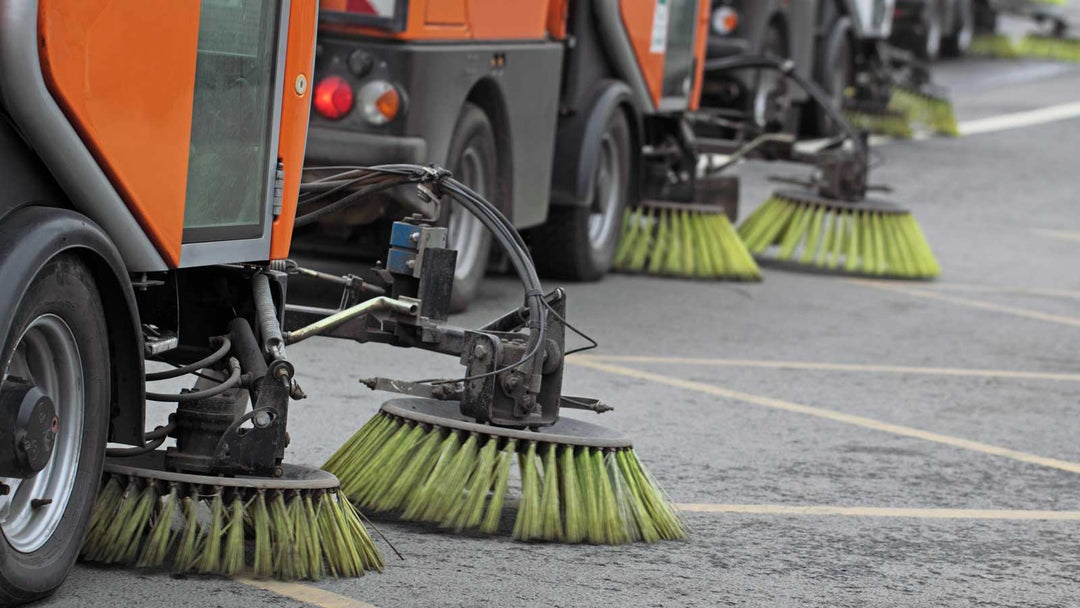Cycling Nutrition Myths Debunked: Separating Fact from Fiction
Cycling Nutrition Myths Debunked: Separating Fact from Fiction
---
Introduction
In the world of cycling, nutrition plays a pivotal role in performance. However, numerous myths cloud the understanding of what's truly beneficial for cyclists. This blog post aims to clear the air by debunking common cycling nutrition myths, backed by scientific evidence and expert advice.
Myth 1: More Protein, Better Performance
Reality: While protein is essential for muscle repair, excessive intake won't boost your cycling performance. Cyclists need a balanced diet that includes carbohydrates, fats, and proteins. The key is moderation and timing—consume protein post-ride to aid muscle recovery, not in excessive amounts beforehand.
Myth 2: Energy Drinks Are Essential for Long Rides
Reality: Energy drinks can provide a quick boost, but they are not always necessary. Hydration and a well-planned meal are often sufficient for long rides. Energy drinks can lead to sugar crashes and dehydration due to high caffeine content. Water, electrolyte drinks, and natural fruit juices are better options for maintaining energy levels.
Myth 3: Carbs Are the Enemy
Reality: Carbohydrates are a cyclist's main fuel source. The myth that carbs lead to weight gain overlooks their importance in endurance sports. A balanced intake of complex carbohydrates, such as whole grains and vegetables, before a ride can provide sustained energy.
Myth 4: Fasting Before Rides Increases Fat Burn
Reality: Fasting before long rides might increase fat utilization, but it can also compromise your overall performance and endurance. Having a carbohydrate-rich meal 2-3 hours before cycling ensures a steady energy supply, enhancing both performance and fat burn over time.
Myth 5: Supplements Can Replace Meals
Reality: Supplements are designed to complement a diet, not replace it. Whole foods provide essential nutrients in combinations that are most beneficial. While supplements like BCAAs and multivitamins can be helpful, they should not be the primary source of nutrition.
Conclusion
Nutrition in cycling is about balance, timing, and understanding what your body needs. Debunking these myths is the first step toward optimizing your dietary habits for better performance and health. Focus on a diet that supports your cycling goals and overall well-being.
> "Eating right for cycling isn't about following fads but fueling your body with what it genuinely needs."
Call-to-Action
Explore more about optimizing your cycling performance with tailored nutrition plans. Sign up today for our newsletter to get the latest tips and updates right to your inbox!
---






